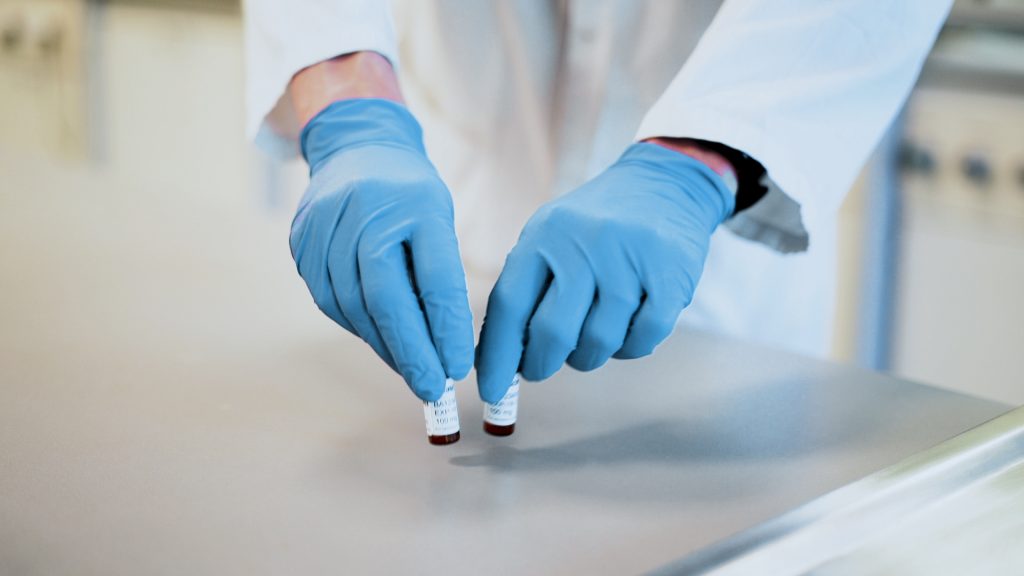Procurement of Adapting to New Realities in the Pharmaceutical Industry
In an era marked by dynamic shifts and evolving paradigms, the pharmaceutical industry finds itself at a crossroads, necessitating a profound procurement transformation. The traditional contours of procurement within this sector are undergoing a significant reconfiguration as companies strive to adapt to new realities and capitalize on emerging opportunities. This metamorphosis is imperative for pharmaceutical entities to remain competitive, enhance agility, and ensure the robustness of their supply chains. The emergence of groundbreaking medical advancements, evolving regulatory frameworks, and changing patient demographics has ushered in a new era for pharmaceuticals. This landscape requires procurement strategies that go beyond the conventional, focusing on innovation, collaboration, and adaptability. Gone are the days when procurement merely involved sourcing raw materials and negotiating costs. Now, it demands a holistic approach that integrates data analytics, risk management, and supplier collaboration.

One of the central aspects of this transformation is the integration of technology and data-driven decision-making. Advanced analytics enable companies to forecast demand accurately, optimize inventory, and identify potential supply chain disruptions. Furthermore, data-driven insights facilitate informed supplier selection, performance evaluation, and contract negotiations. Incorporating technologies like artificial intelligence and blockchain enhances transparency and traceability, critical for ensuring the integrity of pharmaceutical products. The procurement function’s role has shifted from a transactional focus to that of a strategic partner. Collaborating closely with suppliers fosters innovation and agility. Pharmaceutical companies are now forging strategic partnerships with suppliers who can provide not only materials but also expertise in research and development. Such collaborations streamline the process of bringing new drugs to market, enabling faster response to changing market dynamics. The industry is highly susceptible to supply chain disruptions due to factors like geopolitical uncertainties, regulatory changes, and global health crises. Procurement strategies must integrate robust risk assessment models that identify vulnerabilities and establish contingency plans.
Diversifying supplier bases and ensuring redundancy in critical supply points are crucial components of this strategy. Furthermore, sustainability considerations have gained prominence in pharmaceutical procurement. Stakeholders, including consumers and investors, are increasingly demanding environmentally responsible practices. Procurement transformation involves seeking suppliers who align with eco-friendly standards, reducing the carbon footprint across the supply chain. In conclusion, the pharmaceutical industry is undergoing a procurement transformation driven by the confluence of new realities and check this https://drugdiscoveryalliances.com/. This shift encompasses embracing technological advancements, fostering strategic supplier partnerships, mitigating risks, and prioritizing sustainability. To thrive in an environment characterized by rapid change, pharmaceutical companies must adopt agile and innovative procurement strategies. The transformation is not just a reactive response to challenges; it is a proactive endeavor to seize opportunities, enhance competitiveness, and ensure the industry’s resilience in an ever-evolving landscape.